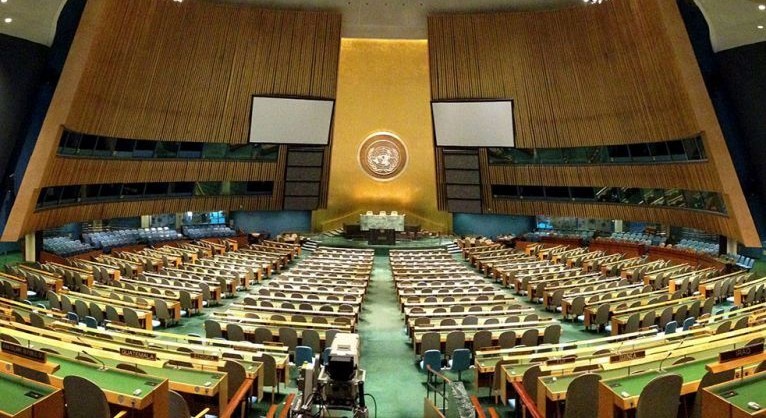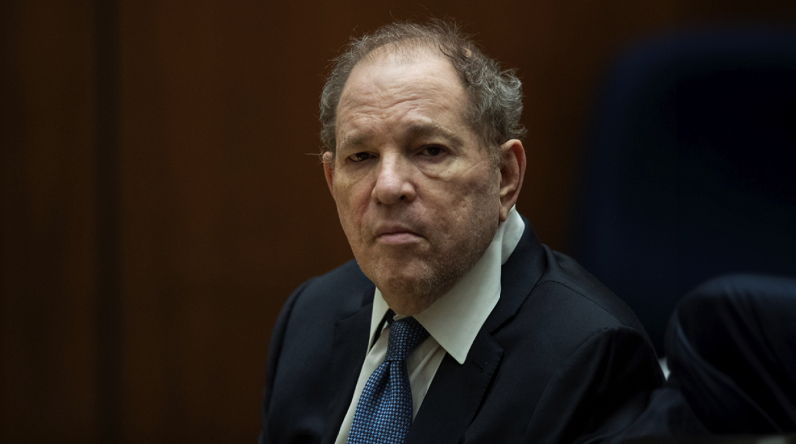A couple of weeks ago, the United Nations made public the so-called zero draft of the Global Compact for Safe, Orderly and Regular Migration, the result of the first few rounds of negotiations among member states attempting to outline a comprehensive approach to global migration. The draft document refers to migration as a fundamental human right and calls upon member states to reduce the criminalization of illegal border crossing. The Orbán Government has criticized that.
This approach is at odds with not only Hungary’s position on migration, but also that of many other countries – for example: Australia, New-Zealand, Japan, the United States, the Visegrad Four. Some countries have even chosen to abandon the talks. Hungary, however, has decided to remain part of the debate to try to shape the outcome, and we’re putting forward a list of 12 points to the president of the UN General Assembly.
1. First of all, the 12 points, entitled “Security First,” object to the premise of the UN migration package, which says that migration is good and unstoppable: “[a]s the global events of recent years have proved, migration is an unfavourable and dangerous process, which has caused serious security challenges in many regions of the world.”
2. The second point spells out the most reasonable reaction to that: “Based on the experience of recent years, international efforts must aim to stop migration flows. The politics aiming at encouraging migration proved to be harmful, therefore it must be ended immediately.”
3. Migration is not and should not become a fundamental human right: “With respect to the rules of international law, international organizations must make it clear that migration is not a basic human right. Nobody can independently decide which country to live in while ignoring national regulations and international law.”
4. “The international community must realize that migration is not beneficial for anyone: not for those who risk their lives while trying to get to other countries and not for those who must host people from different cultural backgrounds. This process only leads to the creation of parallel societies with serious security implications in the affected regions.” Recently, even German Chancellor Angela Merkel talked about the threats caused by migration by admitting the existence of no-go zones in Germany.
5. Following that, Hungary’s proposal calls the international community to “recognize that every person has the right to live in his or her homeland in peace and security. If this is not possible, we have to help them to live as close to their homes as conceivable in a dignified manner, until they can return to their homes.”
6. “Migration is only beneficial for smugglers. It is the obligation of the international community to eliminate the business model of smugglers and all smuggling networks, and strictly punish the perpetrators. For this reason, the international community must avoid the introduction and implementation of policies – especially those encouraging the obligatory distribution of migrants among third countries – that encourage the use of smuggler networks.”
Then the proposal takes a stand for the principle of sovereignty:
7. “The international community must ensure the respect for sovereignty. The international community must respect the right of states to prioritize the safety of their citizens before any other aspect. Therefore, every state has the right to decide who to admit to its territory and who to forbid from entering.”
8. “The international community must support states in their efforts to safeguard their historical, religious and cultural heritage and social structure. The international community must not put pressure on any state to change these values.”
9. “The international community must respect that every state has the sovereign right for economic development and also to control their own policies concerning labor market and demographic trends.”
10. “Every state has the right and responsibility to control their borders. The international community must support every state to successfully carry out their border control responsibilities.”
11. Based on the previous point, the necessity of safe borders, “[t]he international community must make it clear that illegal border crossing is a serious criminal offense. We must terminate policies that either encourage or mitigate illegal border crossing and those who commit this offense. Crossing borders is only possible with the full respect of international and national regulations. The violation of such regulations must result in serious punishment.”
12. While the compact is not legally binding, as its supporters emphasized, U.N. documents often pave the way for future interpretations of international law and can begin a process whereby legal principles are gradually redefined. The twelfth point endeavors to prevent this. “International community must make it clear that the UN’s Global Compact on Migration does not have any legally binding effect on states. The UN’s Global Compact on Migration must not serve as a legal basis for the adoption and implementation of international law or national legislation.”
If these twelve points are not included, the Hungarian government will not be able to support the UN migration compact, said Minister of Foreign Affairs and Trade Péter Szijjártó on Thursday. The proposal serves to guarantee the security of the Hungarian people, he said. “For us, the security of the Hungarian people comes first”.
Source: abouthungary

































